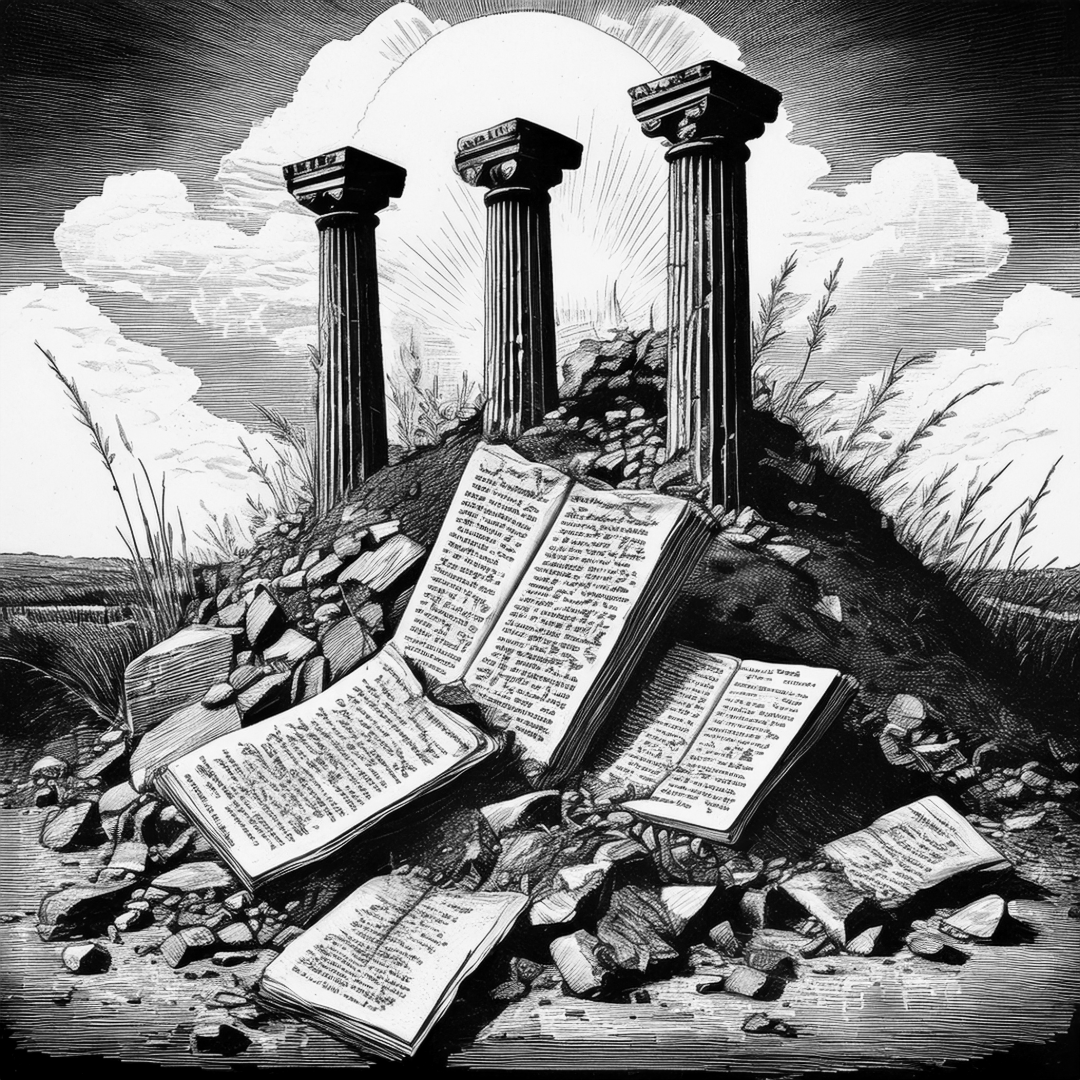MONTGOMERY, Ala. — Alabama lawmakers have passed a bill requiring the display of the Ten Commandments in every public K-12 school, sparking renewed debate over religious freedom, church-state separation, and even which version of the commandments should be posted. The legislation, part of a broader conservative push in statehouses nationwide, mandates that the commandments be displayed in school entryways and classrooms, using language specified by the bill.
Supporters, including the bill’s sponsor Rep. Mark Gidley, say the measure recognizes the Ten Commandments as a foundational influence on American law and values, not as an endorsement of a particular religion. Critics, however, argue the law marginalizes religious minorities and violates the First Amendment, which prohibits government establishment of religion.
Faith leaders and civil liberties groups have also raised a less-discussed but fundamental issue: the Ten Commandments are not a single, universally agreed-upon text. The bill chooses one version, but Jewish, Catholic, and Protestant traditions all divide and phrase the commandments differently.
Even more striking, the only biblical passage that explicitly labels a list as “the Ten Commandments” is Exodus 34—a version almost no one posts in schools or courthouses. This “Ritual Decalogue” is focused on ritual and cultic practices, not the familiar ethical rules. It includes commandments such as:
- Worship no other god but Yahweh.
- Do not make cast idols.
- Celebrate the Feast of Unleavened Bread.
- The first offspring of every womb belongs to God.
- Do not appear before God empty-handed.
- Rest on the seventh day, even during plowing and harvest.
- Celebrate the Feast of Weeks and the Feast of Ingathering.
- Do not offer the blood of a sacrifice with anything leavened.
- Do not let the Passover sacrifice remain until morning.
- Bring the best of the firstfruits of your soil to the house of the Lord.
- Do not cook a young goat in its mother’s milk.
This list is markedly different from the better-known versions in Exodus 20 and Deuteronomy 5, which focus on ethical imperatives like honoring parents, prohibiting murder, and forbidding theft.
Opponents of the bill say its advocates often ignore the diversity of these texts and the reality that few people—including lawmakers—follow the commandments strictly. Sabbath observance is rare, and the First Commandment’s ban on “other gods” stands in tension with the Constitution’s promise of religious liberty.
After being approved by the House, the legislation now moves to the Senate for consideration. If the Senate approves it, the requirement to display the Ten Commandments in public schools would take effect by January 1, 2026. Religious leaders across Alabama have warned that the law will unfairly sideline students from minority faiths and foster division in public schools. As the bill moves to the Senate, the debate continues—not just over whether the Ten Commandments belong in schools, but over which commandments, and whose version of history, Alabama is choosing to display.

